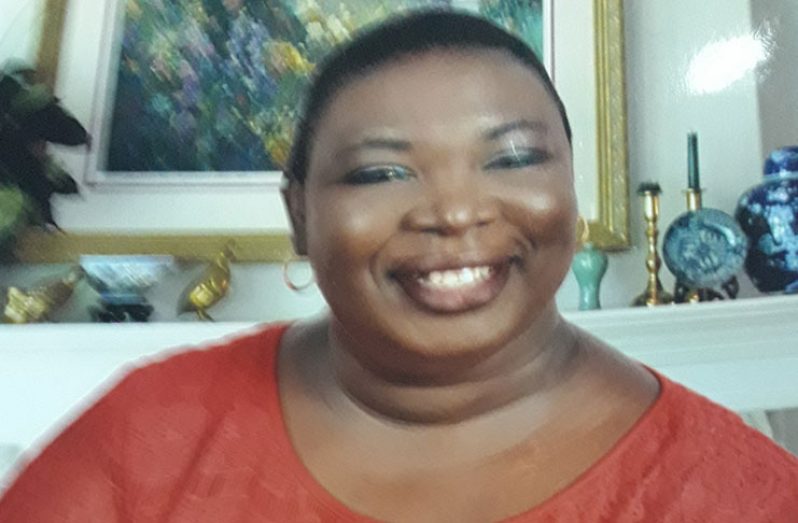— through partnership between Public Health Ministry, PAHO
THROUGH a Community Mental Health Programme, the Public Health Ministry in collaboration with the Pan American Health Organisation (PAHO) will train a wide range of medical personnel to treat common mental health disorders.
In making this disclosure, Director of the Mental Health Unit, Dr. Util Richmond-Thomas, explained that the Community Mental Health initiative will give much needed support to the psychiatrists in Guyana.
There are six psychiatrists: three at the Georgetown Public Hospital (GPHC), one at the National Psychiatric Hospital, one at Linden Hospital Complex and one in the private sector.
“The majority of mental, neurological and substance use disorders can be managed by non-specialist health care providers. It is a myth that improvements in mental health need expensive technologies and large numbers of highly specialised staff,” Dr. Richmond-Thomas said.
Cognisant of the challenges and the opportunities, she said the Public Health Ministry will soon embark on a training programme targeting non-specialist doctors in the 10 administrative regions. The trainers were trained by PAHO in August 2016.
“These trained health-care providers will treat the common mental health disorders. These include depression, self-harm or suicide, psychosis, bipolar disorder, epilepsy or seizures, developmental and behavioural disorders and substance abuse disorders. They will also be trained in the appropriate pharmacological and psychosocial interventions for these disorders,” the Mental Health Unit director explained.
“Of course, there will always be need for specialists. However, the vision is that with so many watchdogs of the nation’s mental health, there will be a drastic reduction in mental, neurological and substance abuse disorders and a corresponding increase in quality of life,” she added.
When this programme takes full effect, persons needing mental care will no longer have to leave their communities and travel long and expensive distances to the regional hospitals or to GPHC and the National Psychiatric Hospital.
“They will be able to access that care at the health centres in their community or at their regional or district hospital. Like pregnancy, diabetes mellitus and hypertensive persons will be able to access effective care everywhere including the health centres from competent health care providers. Also like pregnancy, diabetes mellitus and hypertension, they will be referred for specialist care when necessary,” Dr. Richmond-Thomas posited.
ANTI-DEPRESSION CAMPAIGN
Additionally, the Mental Health Unit will soon launch its anti-depression campaign. Through these programmes and with sustained collaboration with non-governmental organisations (NGOs) and other stakeholders, Guyana’s suicide rate is expected to drop by 2018.
Currently, Guyana has the highest suicide rate in the world, however, the country has not been suffering alone, Dr. Richmond-Thomas said.
She explained that globally, there is a large gap between the need for treatment and the actual provision of it. Between 76 per cent and 85 per cent of people with severe mental disorders receive no treatment for their disorders in low-income and middle-income countries, she pointed out.
In high income countries that figure is 35 per cent to 50 per cent. Suicide in Guyana is a reflection of this problem.
“Depression is the most common mental illness. It accounts for 4.3 per cent of the global burden of disease and by 2030 is forecasted to be the second largest single cause of disability worldwide using the WHO’s measure DALY (disability adjusted life year),” she further explained.
Statistics show that approximately 50 per cent of persons who commit suicide are depressed. Approximately 15 per cent of depressed patients kill themselves.
Although there are known, effective treatments for depression, fewer than half of those affected in the world are diagnosed and treated and in low-income countries such as Guyana, fewer than 10 person.
“This reality is as a result of lack of resources, lack of trained health care providers and social stigma associated with mental disorders,” the Mental Health Unit director noted.
Other barriers include inaccurate assessments, mis-diagnoses and incorrect treatments. The pattern is the same for all mental disorders. Almost half of the world’s population lives in countries where on average one psychiatrist serves 200,000 or more people. Other mental health providers who are trained in the use of psychosocial interventions are even scarcer.




.png)









